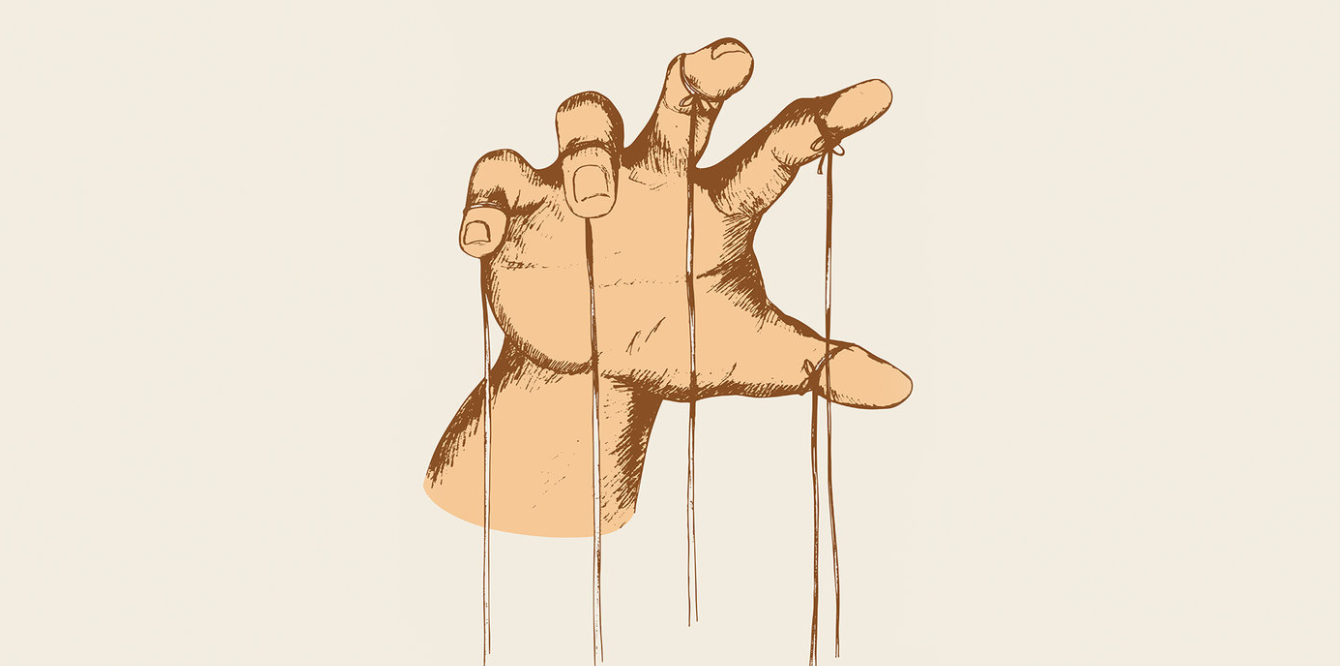In life and in business I believe in a few guiding principles. Two I like in particular are very common across cultures:
- Create more value than you extract.
- Treat people the way you’d like to be treated.
I imagine everyone reading this would agree. Now let’s consider this juxtaposition:
What a CEO says: “We want to build a more open and connected society”
What a CEO does: Buy the 4 houses surrounding his in order to protect his own privacy.
Someone who sells privacy for a living, often without permission and tricks his customers into giving up more than they understand, wants to protect his own. The fact that I don’t need to mention the person’s name is telling. Well, you might say it’s not a fair comparison between how someone behaves in their digital and offline lives. Fair call, but consider the fact that up until last week the person in question could delete private messages from another person’s private inbox, after the messages had been sent to and received by the other party. A privacy feature he wasn’t generous enough to give to his users. Oh, by the way, I can think of another industry where ‘dealers’ call their customers ‘users’. We both get our minds messed with in ways we can’t understand and end up addicted and worse off.

It’s a well known technological trope that data is the new gold, an entirely new class of asset. And that’s where the problem lies. This asset class is so new, few people understand it. We could liken this to the age of discovery when imperialists took control of abundant natural resources, resources which were viewed by the conquered as something no one could really own or control.
The net result is that the greatest wealth creation event in the history of humanity. The Internet has resulted in a massive centralisation and control, and spawned the era of the data imperialist. Even those who understood the power of data have far less chance of leveraging it on their own, because of the dramatic impact of network effects, and zero cost digital transfers both have in creating a winner takes all economy. To quantify: the net worth of the 4 founders of the top 3 technology companies since the dot com era have a collective net worth of $281 billion dollars as of today.
The internet needs saving.
What started out in all probability as altruism – the dream of a free web funded by advertising, has become a nightmare panopticon and it’s time we pushed back. Hard.
Technology stalwart and all round good guy Jaron Lanier says we can no longer call these companies Social Networks, but ‘Behaviour Modification Empires’. Services which use algorithms to make us stay longer by giving us sugar hits of fear, jealously and other powerful negative emotions. Lanier also says that we can’t have a society where if two people want to communicate, it can only happen if it is financed by a 3rd party or corporation selling advertising. It’s worth investing 15 minutes of your time to hear him talk about it here.
But I will add a little more to his talk… the missing piece. Personally, I hope Facebook isn’t fixed. It’s only when something stays broken that we get a chance to put something better in its place. For me that would be a social network that no one owns or controls – something funded by the people using it, without a financial corporate imperative shaping our most valued human asset – our interactions.
We need each other, Steve.


